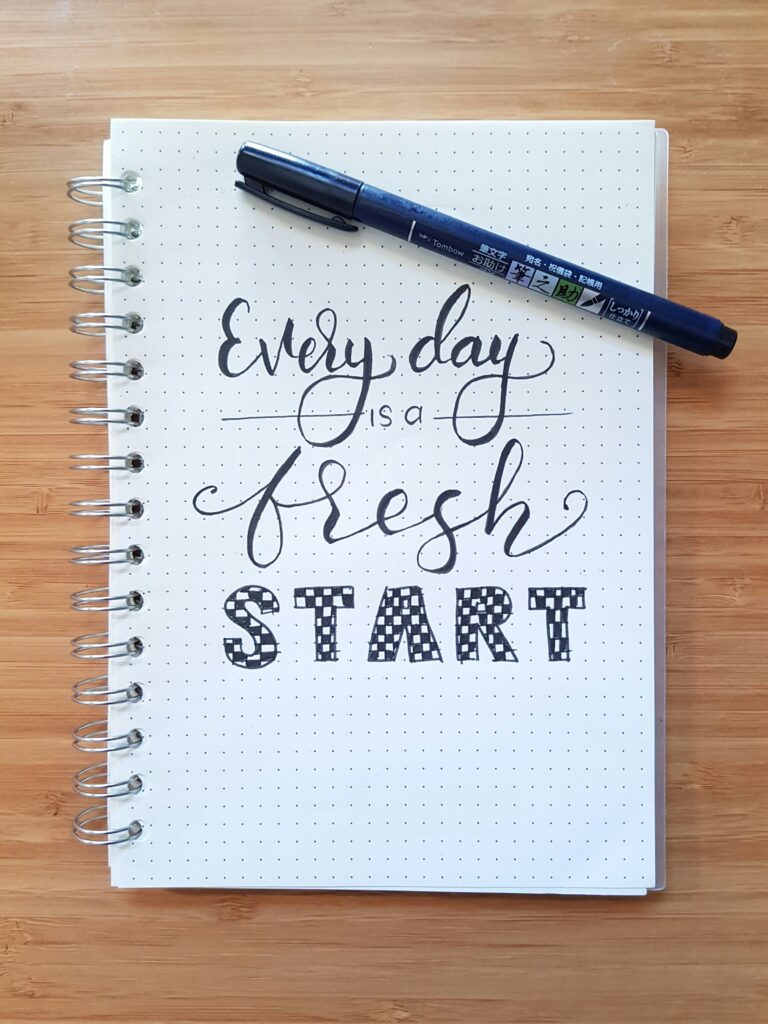Dealing with depression can feel like navigating through a fog. Everything seems a bit harder, and it’s easy to get lost in your thoughts. But here’s the thing: you’re not alone, and there are ways to manage these feelings. In this guide, we’ll explore some practical, down-to-earth coping skills that can make a real difference.
By the end of this article, you’ll have a toolkit of strategies to help you handle those tough days a little better.
Top 10 Coping Skills for Depression
Dealing with depression isn’t easy—there’s no sugarcoating that. While it might feel overwhelming, there are things you can do to make each day a little more manageable. Below, we’ll explore various coping strategies that can help you find balance, gain a sense of control, and improve your overall well-being.
1. Start Small: One Step at a Time
When you’re feeling low, even the simplest tasks can seem monumental. The trick here is to break things down into bite-sized pieces. Instead of focusing on everything you need to do, start with one small task. It could be as simple as brushing your teeth, taking a shower, or making your bed. Accomplishing even a tiny goal can create a ripple effect, making you feel a little more in control and motivated to tackle the next thing.
2. Establish a Routine
Depression can often disrupt your daily routine, leaving you feeling lost or aimless. Having a consistent routine helps create a sense of normalcy and predictability, which can be incredibly comforting when everything else feels out of control.
Try setting small, manageable goals for your day—wake up at the same time, have meals at regular intervals, and create a bedtime routine. The structure can provide a framework to guide you through your day.

3. Move Your Body
Exercise might be the last thing on your mind when you’re feeling down, but even a little movement can make a big difference. You don’t need to hit the gym or run a marathon; just getting outside for a short walk can help. Physical activity releases endorphins, which are natural mood lifters. Plus, being outside in the fresh air and sunshine can boost your mood and energy levels.
4. Practice Mindfulness and Meditation
Mindfulness is about being present in the moment and observing your thoughts without judgment. It sounds simple, but it can be a powerful tool against depression. Mindfulness exercises, like deep breathing or meditation, can help you stay grounded and reduce the intensity of negative thoughts. Apps like Headspace or Calm offer guided meditations that are easy to follow, even if you’ve never tried it before.

5. Reach Out to Someone
It’s easy to isolate yourself when you’re feeling depressed, but talking to someone can help lighten the load. Whether it’s a friend, family member, or therapist, sharing what you’re going through can provide relief and perspective. You don’t have to face this alone—sometimes, just knowing someone else understands can make a huge difference.
6. Focus on Nutrition
What you eat can have a direct impact on how you feel. Depression can sometimes lead to poor eating habits, whether that’s overeating, undereating, or choosing unhealthy foods. Try to maintain a balanced diet rich in fruits, vegetables, whole grains, and lean proteins. Eating regularly and staying hydrated can stabilize your energy levels and mood, helping you feel better physically and emotionally.
7. Limit Alcohol and Avoid Drugs
While it might be tempting to use alcohol or drugs as a way to escape, they can actually make depression worse. These substances can disrupt your brain chemistry and lead to increased feelings of sadness or anxiety. If you’re struggling to cut back, consider reaching out to a support group or a professional who can help.

8. Get Enough Sleep
Sleep and mood are closely connected. Depression can often lead to sleep problems, which in turn can worsen your depression. Aim for 7-9 hours of sleep each night, and try to go to bed and wake up at the same time every day. Creating a calming bedtime routine—like reading a book, listening to soothing music, or taking a warm bath—can signal to your body that it’s time to wind down.
9. Set Boundaries
Sometimes, the demands of others can feel overwhelming, especially when you’re already struggling. It’s okay to say no or to set limits on what you’re able to do. Prioritizing your own well-being is crucial. If certain people or situations trigger your depression, it’s perfectly fine to take a step back and protect your mental health.
10. Seek Professional Help
If your depression is severe or persistent, it’s important to seek professional help. Therapy can provide you with coping strategies tailored to your specific needs, and medication may be an option if your doctor recommends it. Remember, asking for help is a sign of strength, not weakness.
Managing depression is a journey, and it’s okay to take it one step at a time. Remember, you don’t have to do it alone. Whether it’s through small daily habits or reaching out for help, every effort counts.
Be kind to yourself and recognize the strength it takes to keep going. You’re doing better than you think!



